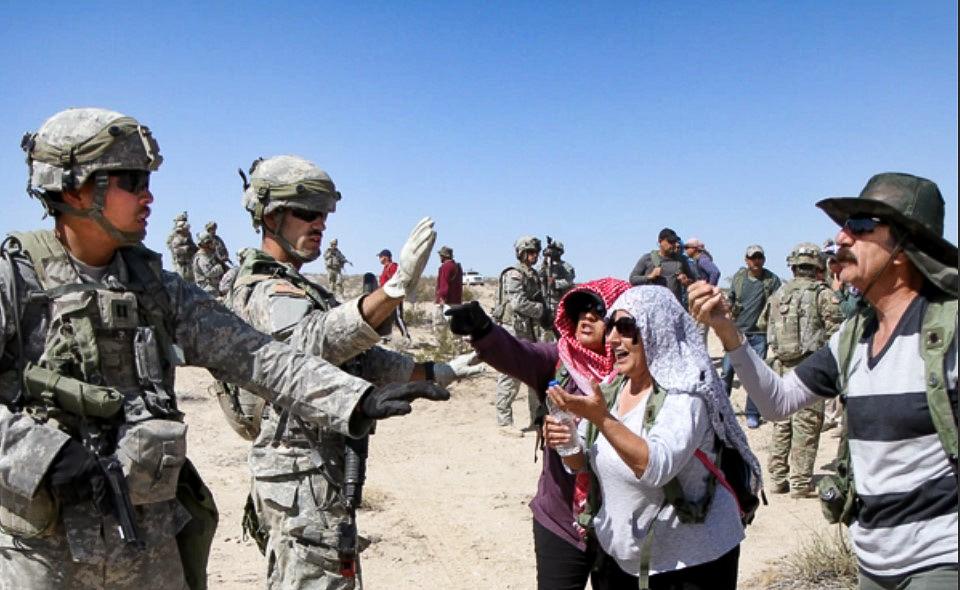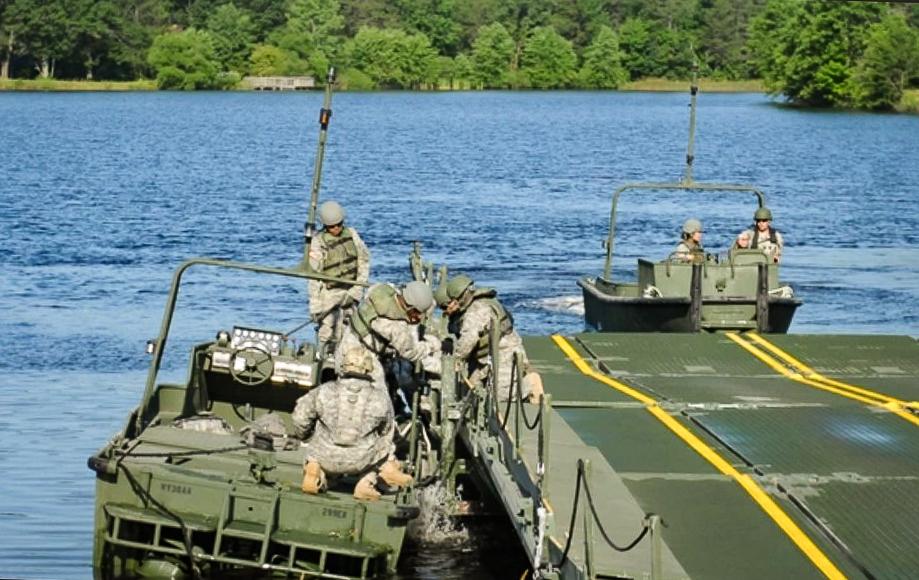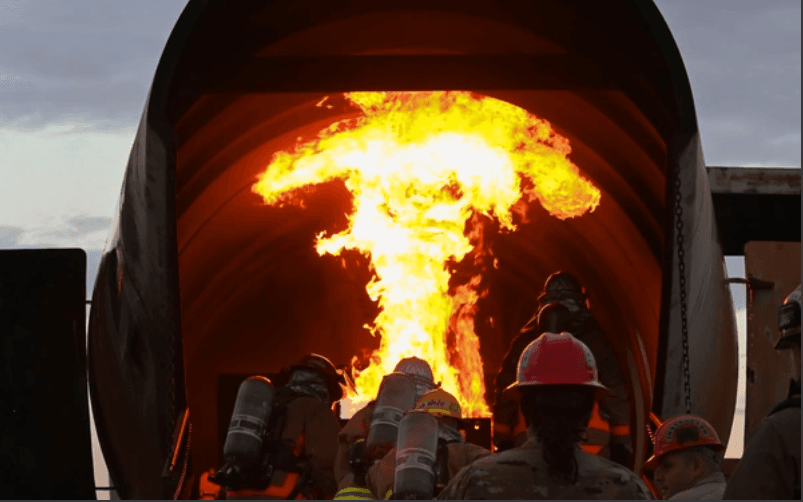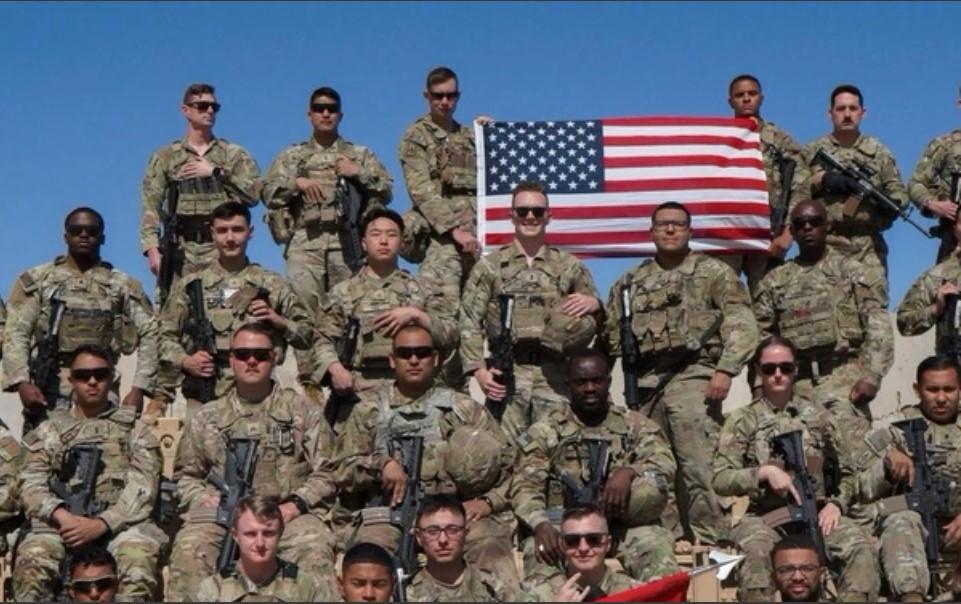Commentary
The National Guard has been used for some weird things lately. And I’m not talking about the standard “Let’s use the Guard to pretend to secure the National Capitol against a threat that no longer exists” shenanigans. Or for routine uses such as riot control, firefighting, and disaster relief. Well, I guess the Guard didn’t really get as much use as it should have in the whole “riot control” department while major American cities were getting burned and looted during the “mostly peaceful” BLM riots, but that’s neither here nor there. No, I’m talking about some REALLY unusual things.





